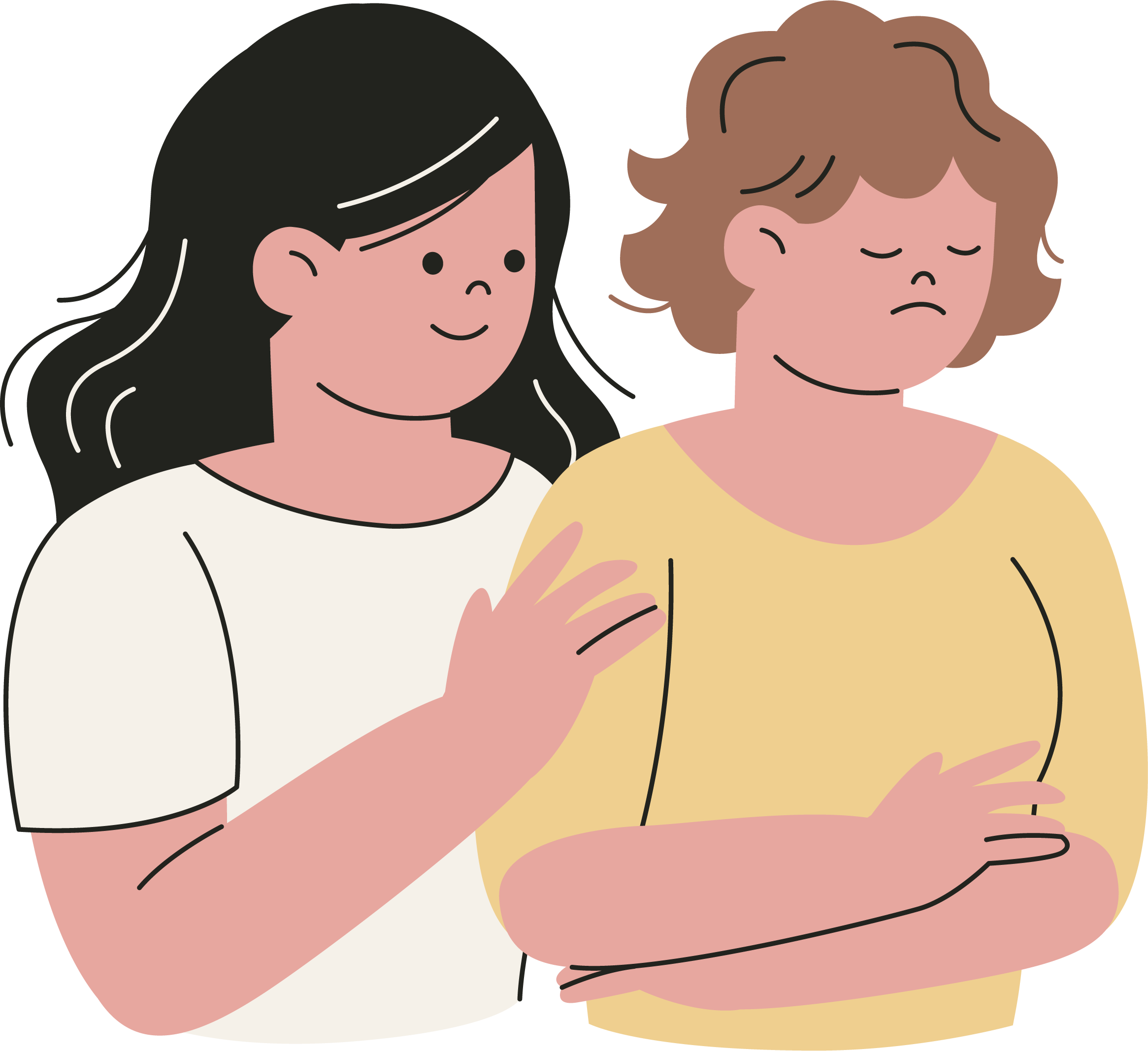Feeling in control means believing you can influence the outcomes in your life, even when things are uncertain.
This psychological sense of agency supports emotional resilience and decreases feelings of helplessness, which are often linked to depression and anxiety.
Before You Start
Before diving into how to build or regain control, reflect on:
- Recent moments when you felt in control vs. powerless
- Your reactions to unpredictability
- Whether you’re seeking more structure, confidence, or peace of mind
This self-check can help tailor the tools and strategies you use.
Step-by-Step
Step 1: Recognize What You Can and Can’t Control
Start by separating what’s in your hands (your behavior, choices, responses) from what isn’t (others’ actions, outcomes).
Setting this kind of mental boundary can ease anxiety and improve focus.
Step 2: Reframe Powerless Thoughts
Using CBT (Cognitive Behavioral Therapy), shift from “I can’t fix this” to “What small thing can I influence today?”
Reframing is a central practice in CBT for depression, helping you replace helpless thoughts with more balanced ones.
Step 3: Create Predictable Routines
Daily routines offer a stable foundation when life feels unpredictable.
Simple actions like keeping consistent sleep hours, prepping meals, or outlining your day ahead contribute to mental clarity and emotional steadiness.
Step 4: Set Healthy Boundaries
Say no when needed. Delegate when appropriate.
Boundaries define where your responsibility ends, reducing overwhelm and resentment.
Individual therapy for stress and burnout can support you in defining and upholding these boundaries effectively.
Step 5: Practice Mindful Decision-Making
Use mindfulness to pause and respond with intention rather than reacting automatically.
By strengthening this skill through mindfulness techniques, you develop more control over your choices and your stress response.
Key Concept: What is Psychological Control?
Psychological control is the belief that you can make meaningful choices that influence your life’s direction.
It’s not about controlling everything, it’s about having agency even in uncertainty.
Control vs. Control Issues
- Healthy Control: Confidence in your ability to respond flexibly
- Control Issues: Anxiety-fueled need to micromanage situations or people
How Lack of Control Affects Mental Health
When people feel chronically powerless, they may experience:
- Anxiety or panic
- Low motivation or apathy
- Learned helplessness: a state where people stop trying because they believe their actions don’t matter
This connection is part of the “Control” pillar in the 5 Cs of mental health.
How CBT Helps
Cognitive Behavioral Therapy offers tools to identify and interrupt negative thinking, shift patterns of helplessness, and restore decision-making confidence.
For example, CBT teaches you to recognize thoughts like “This is out of my hands” and replace them with “I have options, even if they’re small ones.”
Troubleshooting
Mistake: Trying to control everything
Fix: Focus only on what you can directly influence. Let go of what’s outside your reach.
Mistake: Equating control with perfection
Fix: Accept that flexibility and progress matter more than flawless outcomes.
Mistake: Avoiding action when life feels chaotic
Fix: Start with one small, meaningful task. If needed, working with a psychologist can help guide your next step.

You deserve dedicated time with a mental health professional because it can transform your life.
Conclusion
Feeling in control is a key part of emotional well-being. It helps you navigate stress, build motivation, and make choices that align with your values.
By practicing CBT techniques, mindfulness, and healthy boundaries, you can increase this vital sense of agency.
Ready to feel more empowered? Explore therapy services in Berkeley and see how Dr. Lynn Winsten can support you in regaining clarity, confidence, and control.
Frequently Asked Questions
What does it mean to feel in control psychologically?
It means believing that your actions can influence your outcomes, even in unpredictable circumstances. This sense of agency helps reduce anxiety and build confidence.
How can I tell if I have control issues?
Control issues often involve trying to micromanage people or situations and feeling intense stress when things don’t go as planned. Therapy with a psychologist can help you explore this in a safe, constructive space.
Why does a lack of control lead to anxiety or depression?
When people feel helpless over time, they may develop learned helplessness, a mental state linked to depression and reduced motivation.
Can therapy help me feel more in control?
Absolutely. Mental health counseling in Berkeley can teach you skills to rebuild control over your thoughts, boundaries, and daily decisions.
What type of therapy works best for control issues?
Cognitive Behavioral Therapy (CBT) is one of the most effective approaches. You can read more about how CBT supports anxiety, depression, and decision-making to improve your sense of control.

